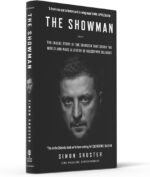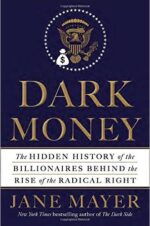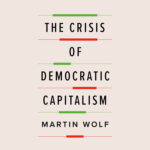Series a mismatch of events put together quickly
Remember a couple of years ago, the ABC released a series on the Murdoch dynasty? Are you currently watching Nemesis, another ABC series, this time on political leaders from 2014 in Australia? The compilation of both is similar; bits and pieces, reflections from foes and friends that, overall, don’t do a whole lot when some notable events were taking place in Australian history. This may have been the best way to explain the key events over the past nine years but the series, Nemeses, so far shows little to inspire the would- be politician or prime minister of the future. Overall, production and presentation are lazy. Watching Turnbull’s facial expressions and Morrison’s nonchalant answers to questions is so boring and the dishonesty is like a haze in the room. The two episodes so far, show the attitudes and self-importance of Turnbull, Morrison and Abbott in blazing glory and how prevalent the old boys club has been in keeping them front and centre. Ironically, it can make the viewer ponder if politics are that big a deal anyway, seeing the events that occur have extraordinarily little reality to their quality of life. Nemeses isn’t the explaining of the big dreams, mountaintops reached and vision for a wonderful future. It doesn’t sell the life of political involvement as particularly worthy, nor does it allow the possibility that a future prime minister is sitting on the back bench, waiting. The ABC needs to be braver.










